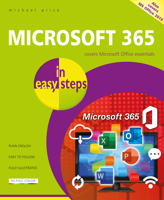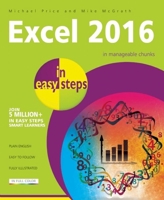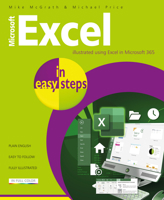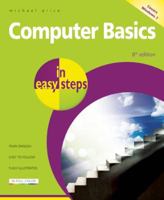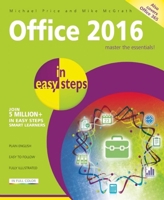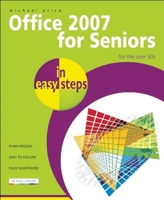Basics in Design and Analysis of Algorithms
This book provides a comprehensive introduction to the modern study of computer algorithms. It presents many algorithms and covers them in considerable depth, yet makes their design and analysis accessible to all levels of readers.The text book is intended primarily for use in undergraduate or graduate courses in algorithms because it discusses engineering issues in algorithm design, as well as mathematical aspects, it is equally well suited for self-study by technical professionals. It helps the students as a quick reference during their examinations and interviews. This book covers the syllabi in the curriculum of various universities in India and abroad.
Format:Paperback
Language:English
ISBN:6202563559
ISBN13:9786202563550
Release Date:May 2020
Publisher:LAP Lambert Academic Publishing
Length:140 Pages
Weight:0.47 lbs.
Dimensions:0.3" x 6.0" x 9.0"
More by Michael Price
Customer Reviews
5 customer ratings | 5 reviews
There are currently no reviews. Be the first to review this work.












